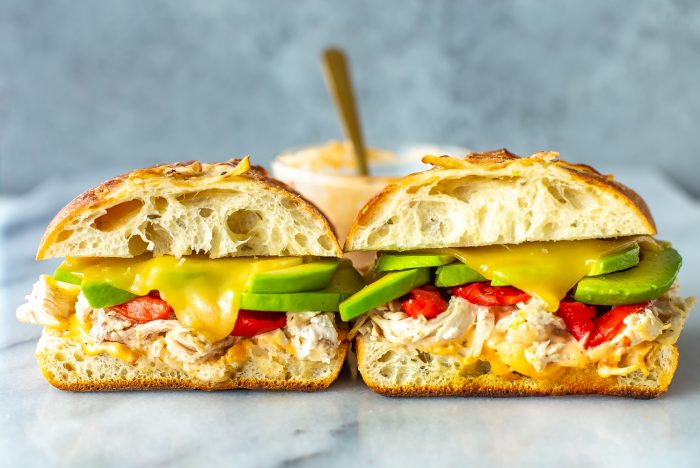The company is the first national restaurant chain to partner with the World Resources Institute in listing more than half, or 55%, of the entrees offered at its 2,118 bakery-cafes as climate-friendly “Cool Food Meals,” Panera and the WRI announced Wednesday.

The WRI has established a maximum recommended daily carbon footprint for each person’s diet that’s 38% smaller than the current average, in line with what research shows is needed by 2030 to meet goals in the Paris Agreement on climate change, according to the nonprofit research group devoted to safeguarding the environment.
The WRI uses a dish’s ingredients to determine its carbon footprint by analyzing the emissions from the agricultural supply chains and the land used to produce the meal. If a meal’s carbon footprint falls under an established per-meal threshold and meets a nutrition standard, it is approved as a Cool Food Meal, the organization said.
Among the Panera entrees and other menu offerings certified by the WRI as having a lower carbon footprint: Broccoli Cheddar Soup, Mediterranean Bowl, Chipotle Chicken Avocado Melt and Fuji Apple Chicken Salad.

Broccoli Cheddar Soup
An estimated quarter of greenhouse gas emissions are from agriculture and related deforestation, but consumers can reduce their impact on the globe’s natural resources and climate through their eating choices, stated Andrew Steer, the WRI’s president and CEO.
“As kids, we were always told to eat our vegetables — and now there’s another reason to do so,” Steer said in a press release touting the institute’s alliance with Panera.
“Taking action is as simple as what we eat,” added Daniel Vennard, director of Sustainable Diets at WRI.

Chipotle Chicken Avocado Melt
The idea could have a receptive audience, at least if what consumers tell opinion pollsters is true. One survey found six in 10 Americans stating it’s important to them to eat sustainable food, while a separate report found half of those surveyed stating a willingness to choose more sustainable, plant-based foods if they understood more about their environmental impact.














